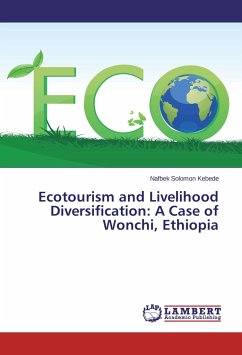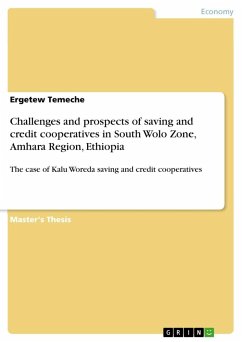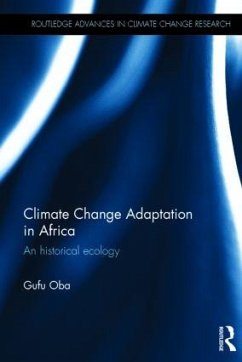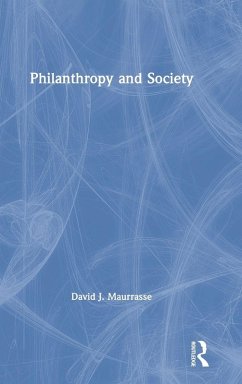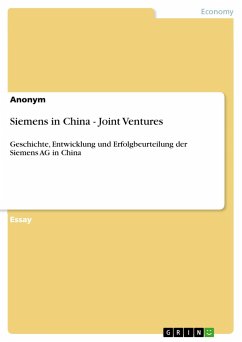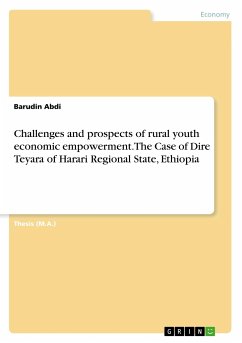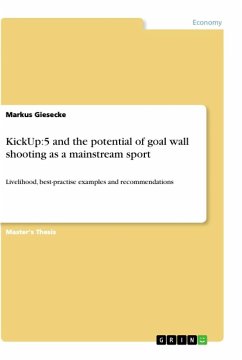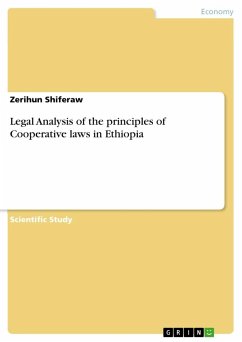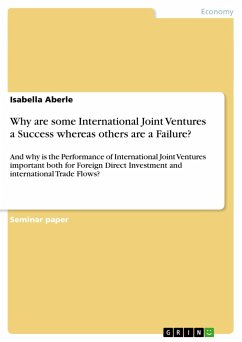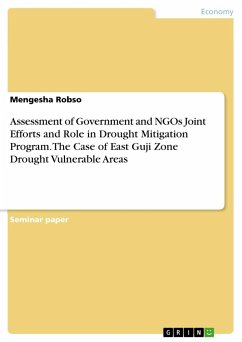
Assessment of Government and NGOs Joint Efforts and Role in Drought Mitigation Program. The Case of East Guji Zone Drought Vulnerable Areas

PAYBACK Punkte
0 °P sammeln!
Seminar paper from the year 2021 in the subject Business economics - Economic and Social History, grade: 2, , course: Ethiopian History, language: English, abstract: The focus of this paper is to examine the responses of NGOs and governmental bodies joint efforts in drought mitigation programs of southern Ethiopia, East Guji Oromo drought vulnerable areas in the 20th century. The manuscript also explores the role of thus bodies and the perceptions of local communities towards those organization intervention extents and ways of assistance to occurred hardships. Likewise, the article also tries ...
Seminar paper from the year 2021 in the subject Business economics - Economic and Social History, grade: 2, , course: Ethiopian History, language: English, abstract: The focus of this paper is to examine the responses of NGOs and governmental bodies joint efforts in drought mitigation programs of southern Ethiopia, East Guji Oromo drought vulnerable areas in the 20th century. The manuscript also explores the role of thus bodies and the perceptions of local communities towards those organization intervention extents and ways of assistance to occurred hardships. Likewise, the article also tries to look, assess and well exhibit a well-known and still active NGOs in the area and their individual paramount participation, efforts and roles in the drought vulnerable areas of East Guji Zone, and types of aid, assistance, donation and empowering of the vulnerable communities; joint works with governmental organizations like RRC or DPPC and others in crisis anticipation, intervention and rehabilitation activities. Like other African countries, Ethiopians have a tradition of helping and supporting mean in times of difficulties or normal times through religious and community based organizations or civil society's institutions for long periods of time. Some of those Ethiopian traditional self-help associations are, Idr, Mahibar, Equb, Dabo and others. Thus traditional self -help institutions and religious organizations have played a great role by leading a good ground for the introduction of local and international NGOs, modern financing systems like:-banking and macro and micro financial enterprises, and by facilitating Ethiopia's development and growth. As an example, equb is considered as an effective traditional saving association. Members contribute a certain amount of money usually every month and they give priorities for poor and the needy members to take the first collected money.





